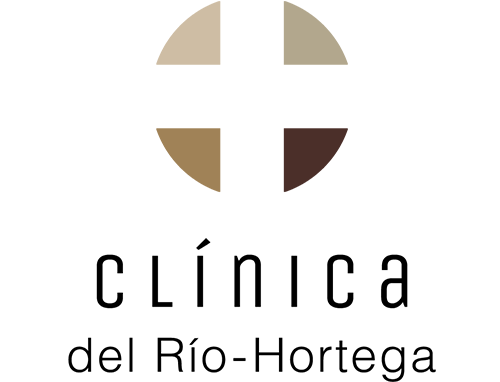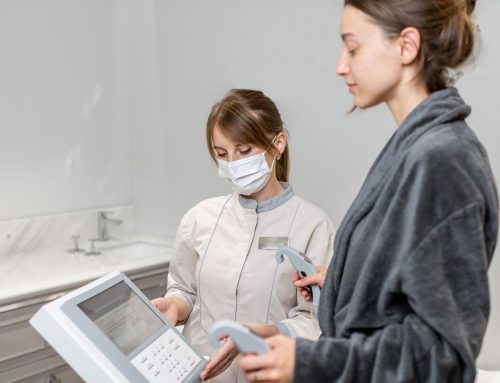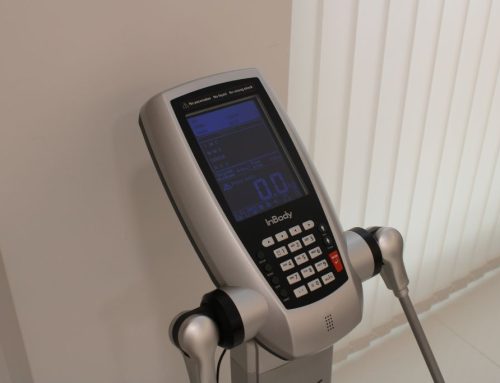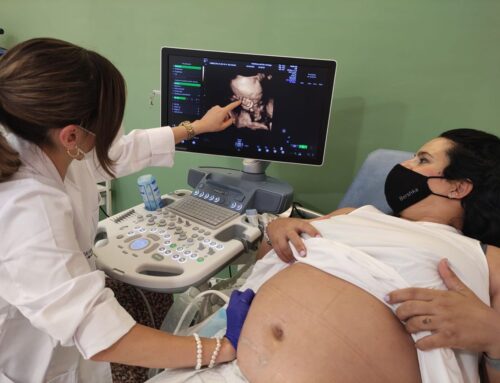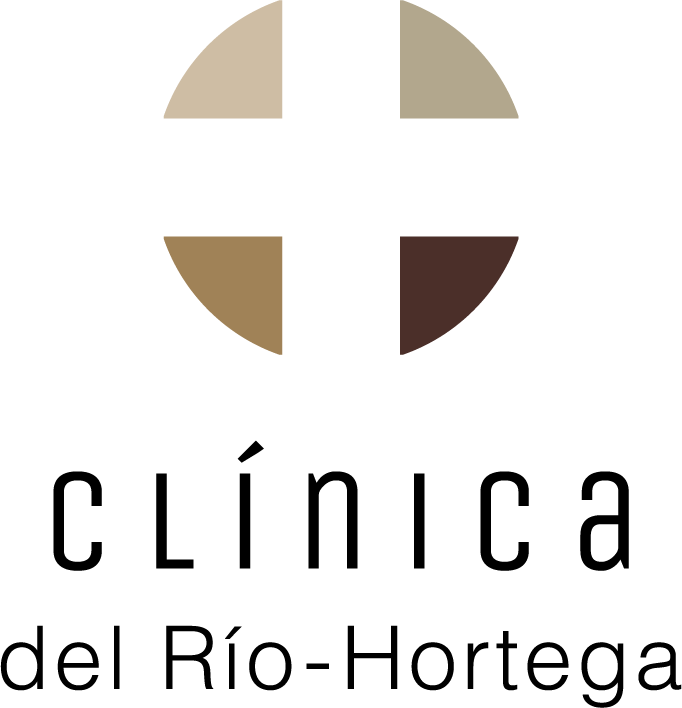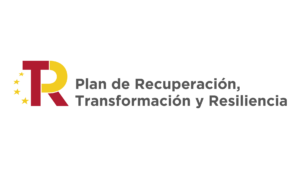How to recover after childbirth: Postpartum Physiotherapy
I'm Maria Jose Brotons, physiotherapist at Policlínica del Río-Hortega, our clinic in Santa Pola (Alicante) and today we will talk about postpartum physiotherapy.
Through my profession, I knew the importance of postpartum physiotherapy, but I never appreciated it so much until I was a mother. A few months ago I gave birth, and physiotherapy has helped me physically and psychologically to be 100% quickly and thus be able to enjoy my baby.
Since we got pregnant, we care about taking care of our diet, we do adapted sports, we go to prenatal classes… everything for our baby and to prepare ourselves for that day that is so dreaded and at the same time so important: childbirth. And then? After giving birth we totally forget about ourselves, we only worry that our babies are well, that they eat and sleep well, but… what about us?
They tell us that our aches and pains are "Normal", who “with time they will pass”. "A month or two months, it's normal, don't worry, it'll pass." "Oh, after having my children I didn't stay the way I was before". I think we all know these typical phrases, right?
Well no, it is not like that. Today we have at our disposal physical therapy professionals that can help us to recover quickly and optimally, because a nuisance does not have to be something normal and that we have to put up with.
After the quarantine, it would be convenient for all women, regardless of the type of delivery vaginal or caesarean section that they have had, in addition to the gynecological check-up, they should have an assessment of their pelvic floor by a specialized physiotherapist.
During pregnancy and childbirth, women are exposed to structural and postural changes, overexertion, and damage to pelvic, abdominal, and perineal structures, etc. This assessment allows us to know, prevent and/or treat future problems such as:
- sciatic pain
- Tingling and numbness in the fingers and a feeling of swelling.
- Pain in the coccyx and sacrococcygeal joint
- Pain in the posterior muscle groups of the leg and sole of the foot
- Pubic or thoracolumbar pain.
- abdominal diastasis
- Scar adhesions (both vaginal delivery and caesarean section)
- pelvic floor weakness
- Urinary or anal incontinence.
- perineal tears
- Dyspareunia or pain during intercourse.
With an individualized treatment with active, hypopressive exercises, diaphragmatic release, perineum toning, massage therapy and diathermy, among others, we will help your body recover as soon as possible and in an optimal and healthy way.
Una early identification of the possible present problems or those that there is a risk of developing in the future, allows us to choose and focus the treatment that best suits your needs with the greatest possibility of success, since it is when the therapies are most effective and can be prevented most easily. or solve these problems.
Take care and so you can enjoy your new life with your baby!

